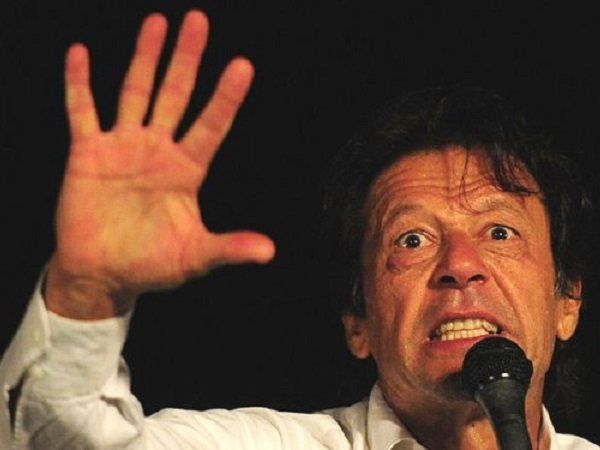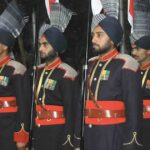
SOURCE: TIMES NOW
Pakistan rejected India’s National Investigation Agency (NIA) charge sheet in the Pulwama attack of 2019 calling it “fabricated”. Issuing a statement, Pakistan’s Foreign Ministry termed the charge sheet as “mischievous attempts to implicate Pakistan in the Pulwama attack”.
“The fabrications in the reported ‘charge sheet’ are patently designed to further the BJP’s anti-Pakistan rhetoric and its narrow domestic political interests,” alleged Pakistan.
‘NIA’s Pulwama attack charge sheet fabricated’
Whitewashing the charges levelled against it Islamabad expressed readiness to extend cooperation on the basis of any actionable information and claimed that New Delhi failed to provide any credible evidence for its invective and termed the charge sheet as yet another “malicious propaganda campaign against Pakistan.”
In the charge sheet, the NIA named Pakistan-based terrorist group Jaish-e-Mohammad, Maulana Masood Azhar, along with his brothers Abdul Rauf Asghar and Ammar Alvi, for giving directions and guidance to the Pakistani JeM militants who had infiltrated into India and were using Pakistani SIM cards, both before and after the 2019 Pulwama attack which led to the death of 40 CRPF troopers.
As per the charge sheet, the attack was initially planned by the JeM for February 6, 2019; however, it was deferred to February 14 due to heavy snowfall and closure of the highway.
Rs 5.7 lakh spent on Pulwama attack
The charge sheet also claims that Rs 5.7 lakh was spent for the Pulwama attack.
The officer said that the NIA also took the help of Federal Bureau of Investigation (FBI) of the United States in the initial days of its probe to check the statement of JeM spokesperson Ahmed Hussain, who had texted a message to a Kashmiri newspaper to take responsibility of the attack.
The charge sheet further revealed that JeM terrorists expected that the terror attack would precipitate a war between India and Pakistan. They believed that in case of war it would be easy for the terror group to push more terrorists into India as the anti-infiltration grid of Indian forces in Jammu & Kashmir would be thrown out of gear due to the war.






